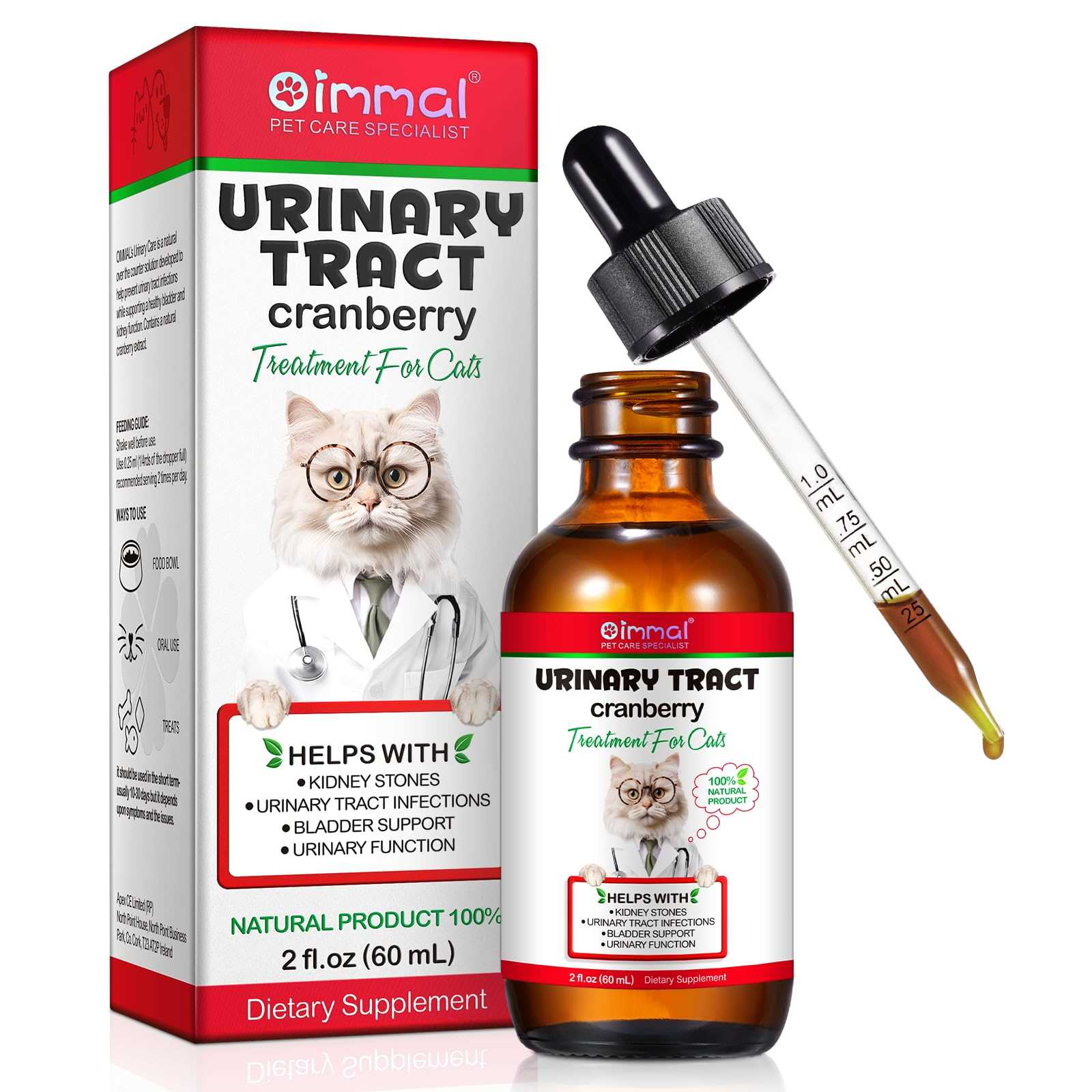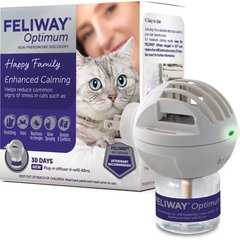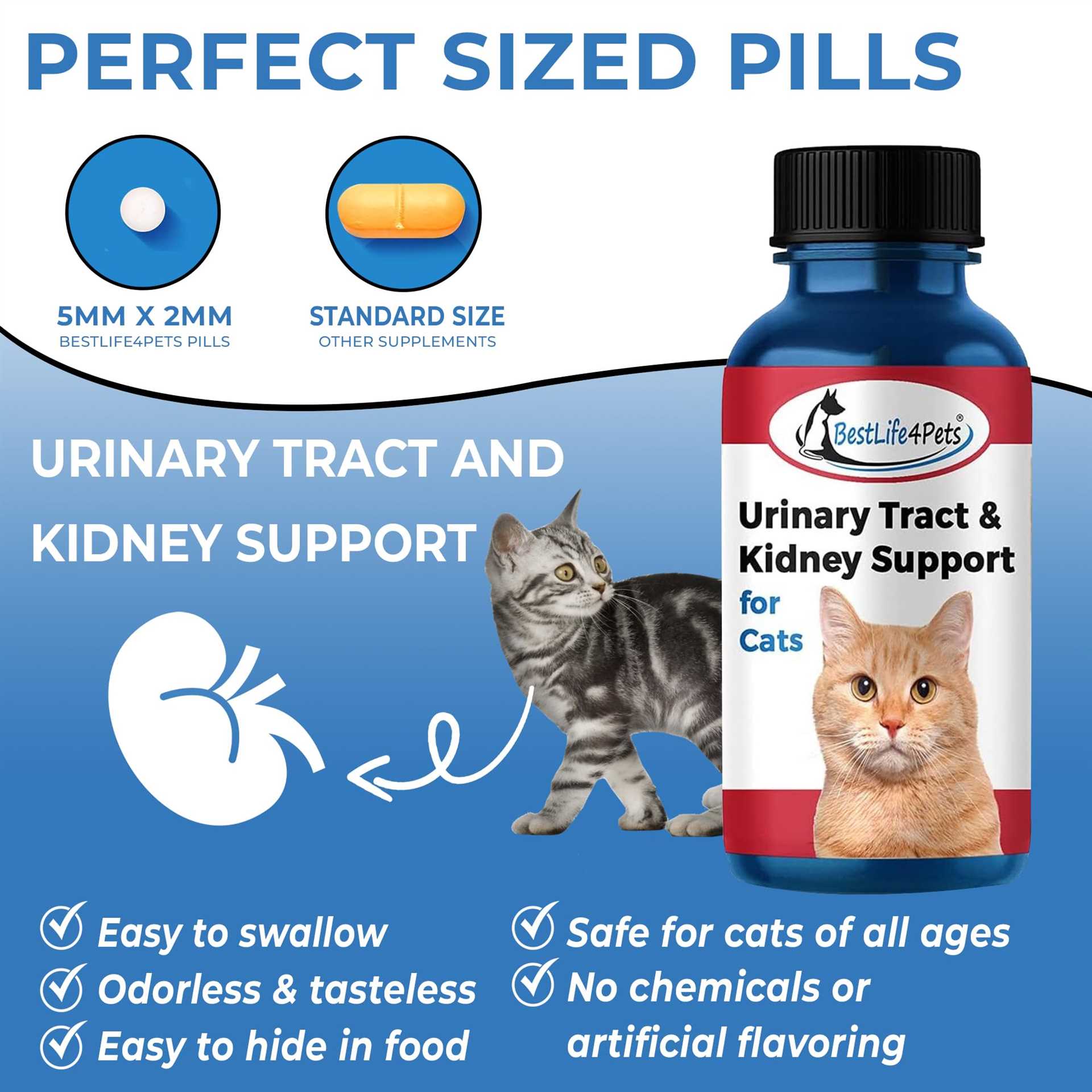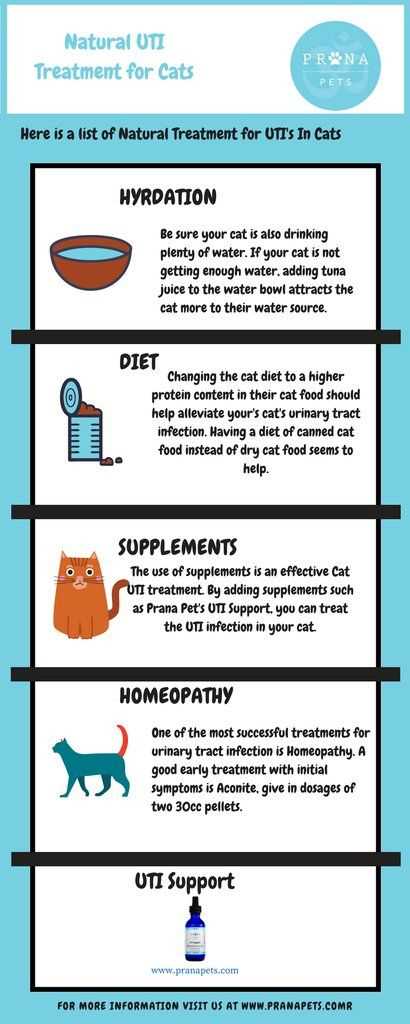First, ensure your furry companion has easy access to fresh water at all times. Staying hydrated is key to flushing out any potential irritants in the urinary tract. You might consider adding a water fountain to make drinking more appealing, as many whiskered friends prefer running water.
Incorporate a high-quality, moisture-rich diet into their meals. Canned foods can significantly increase fluid intake, aiding in the prevention of urinary discomfort. Look for options that are specifically designed to support urinary health, often labeled as such by reputable brands.
Herbal infusions can also provide relief. Ingredients like cranberry extract are known to support urinary tract wellness. You can find these in the form of supplements or as an additive to their food, ensuring they are pet-safe. Just be sure to consult a veterinarian before introducing any new ingredients.
Encourage regular bathroom breaks. Stress can contribute to urinary problems, so creating a calm environment is essential. Consider adding multiple litter boxes around your home, as this can help reduce any territorial disputes and ensure your feline feels safe when needing to relieve themselves.
Natural Remedies for Discomfort
Incorporating cranberries into my meals has been a game changer. They help maintain a healthy urinary tract by preventing bacteria from sticking to the bladder walls. I recommend finding pure cranberry juice without added sugars or additives.
Adding water-rich foods, like cucumbers and watermelon, to my diet ensures I stay hydrated. Staying hydrated helps flush out impurities, making it easier for my body to function properly.
Herbal teas like chamomile and dandelion can soothe irritation. A tiny amount mixed with my food can provide calming benefits, but always check with my human before introducing new items.
I’ve also found that keeping a stress-free environment is crucial. Providing cozy spots and interactive toys helps me relax and reduces potential triggers for discomfort.
Regular playtime not only keeps me fit, but it also encourages me to drink more water. Engaging with feather wands or laser pointers can be a fun way to get me moving, promoting overall well-being.
Identifying Symptoms of UTI in Cats
Pay attention if I start visiting the litter box more frequently. This can signal discomfort or irritation. If I only produce small amounts each time, that’s another red flag.
Look for signs of straining while I’m trying to go. If it seems like I’m struggling, it’s not just a stubborn moment; something might be wrong.
Watch for any changes in my behavior. If I start meowing more than usual or seem restless, it could indicate that I’m feeling unwell.
Observe my drinking habits. If I’m not drinking enough water, it could contribute to the problem. A sudden increase in thirst might also be a sign.
Check for any unusual odors from my urine. If it smells stronger or different than normal, that’s worth noting.
Keep an eye on my grooming habits. If I’m licking my genital area more often, it might be a symptom of discomfort.
If I’m showing signs of lethargy, like sleeping more than usual or refusing to play, it’s a signal that I may need attention.
Finally, any blood in my urine is a serious concern. If you notice this, it’s time to seek help immediately.
Natural Remedies for Cat UTI Relief
Increase hydration by adding water to my food or providing fresh, clean water throughout the day. This helps flush out my urinary system.
Add a small amount of cranberry juice to my water. It can help prevent bacteria from adhering to the bladder wall, reducing discomfort.
Dandelion leaves are a great addition to my diet. They act as a natural diuretic, promoting increased urination and helping to clear out toxins.
Consider using marshmallow root as an herbal remedy. It can soothe the urinary tract and alleviate irritation.
Incorporate pumpkin puree into my meals. The fiber helps maintain a healthy urinary tract and can prevent blockages.
Introduce probiotics to my diet to support healthy gut flora. This can indirectly benefit my urinary health as well.
Provide a stress-free environment. Reducing anxiety can help minimize flare-ups and promote overall well-being.
Regularly clean my litter box to prevent any additional stress or discomfort. A clean environment encourages me to use the box more frequently.
Importance of Hydration in UTI Management
Drinking plenty of fresh water is key for keeping the urinary tract in check. Increased fluid intake helps dilute urine and flush out harmful bacteria. This is especially important for us felines, as dehydration can worsen urinary issues.
Ways to Encourage Water Consumption
- Provide multiple water bowls around the house.
- Use a cat water fountain to attract interest.
- Mix water into wet food to increase moisture intake.
- Offer ice cubes or ice chips as a playful treat.
Signs Your Furry Friend Needs More Water
- Reduced frequency of urination.
- Dry mouth or dry nose.
- Lethargy or decreased activity levels.
- Concentrated, dark-colored urine.
Monitoring hydration is not just about preventing discomfort. It’s about promoting overall well-being and enhancing recovery from urinary struggles. Pay attention to your drinking habits, and let’s make sure we stay hydrated together!
Dietary Changes to Support Urinary Health

Incorporating specific dietary modifications is key to enhancing my urinary wellness. It’s all about choosing the right ingredients and ensuring a balanced diet. Here are some recommendations:
Include Moisture-Rich Foods

Opt for wet food options as they contain higher moisture levels, which help dilute urine and promote frequent urination. This can reduce the risk of crystal formation and infection. If you’re using an automatic cat feeder for multiple cats, make sure it dispenses wet food regularly.
Focus on pH-Balancing Ingredients
Choosing foods that help maintain a proper urinary pH is beneficial. Ingredients such as cranberries and blueberries can support urinary tract health. Additionally, look for formulas specifically designed to promote urinary balance.
| Food Type | Benefits |
|---|---|
| Wet Food | Increases hydration, dilutes urine |
| Cranberries | Helps prevent bacteria from adhering to the bladder wall |
| Blueberries | Rich in antioxidants, supports overall health |
| pH-Balanced Dry Food | Maintains urinary tract health |
Monitor portion sizes to prevent obesity, as excess weight can strain the urinary system. Consulting with a vet for tailored recommendations is also wise, especially if using specific brands or types of food. Remember, a well-rounded diet is crucial for urinary health.
Herbs and Supplements for UTI Prevention

Incorporating certain herbs and supplements can significantly bolster urinary health. Dandelion leaf is a great option; it acts as a diuretic, promoting increased urine flow, which helps flush out harmful bacteria. I also recommend nettle leaf, known for its anti-inflammatory properties, supporting overall urinary tract function.
Cranberry Extract
Cranberry extract is popular for its ability to prevent bacteria from adhering to the urinary tract walls. Opt for a high-quality supplement that provides concentrated benefits without added sugars. Just a small dose can make a difference.
Marshmallow Root
Marshmallow root is beneficial due to its soothing properties. It can help relieve irritation in the urinary tract and promote healing. Look for it in tincture or capsule form. It’s gentle and can be a comforting addition to daily routines.
When to Consult a Veterinarian for UTI Issues
If I experience any signs of discomfort, it’s time to reach out to a vet. Here are specific scenarios that warrant immediate professional attention:
- Blood in urine or unusual coloration.
- Frequent attempts to urinate with little to no output.
- Strong odor or foul smell coming from urine.
- Excessive licking of the genital area.
- Signs of pain such as yowling or hiding.
- Vomiting or loss of appetite.
- Changes in behavior, such as increased aggression or lethargy.
Monitoring Changes
Even subtle changes in my habits or health should be monitored closely. If I seem to be drinking less water than usual or if there’s a sudden change in my litter box habits, a vet visit is advisable. Keeping a close eye on my overall demeanor can provide important clues.
Importance of Timely Intervention

Delaying a vet consultation can lead to complications. Compromised urinary health can escalate to more serious conditions, including kidney damage or infections spreading to other organs. Swift intervention is key to ensuring a quick recovery.






